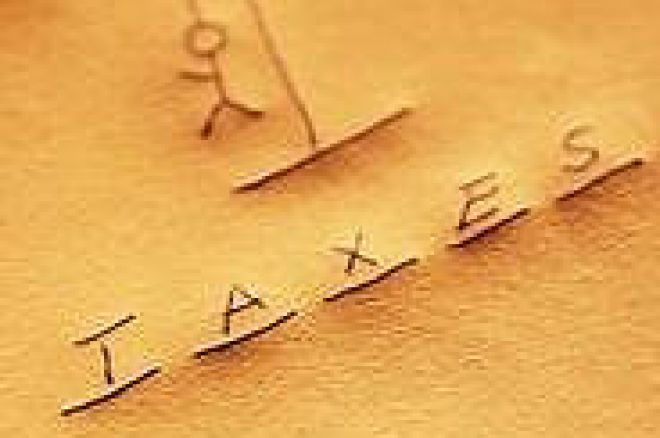Professional Poker Player? Don't Bet On It!

There are many tax deductible benefits of being declared a professional gambler in America but the IRS may not accept your gambling as a business.
Pansy Panages ran two businesses, a florist store and a wholesale flower market but looking for another way to increase her retirement earnings, Pansy decided she could cut it as a professional gambler. She wagered on progressive jackpot machines, spending 20 - 25 hours per week at the slots but also keeping detailed records of both her winnings and losses. After a great deal of success Panages closed her former businesses and methodically went about her gambling business, keeping records that stretched back over 1,000 hours.
Yet the IRS and, in this case the Tax Court, insisted her gambling wasn't a business.
Floridian Larry Phillips, is a technical advisor in the area of IRS audits. Phillips once had the distinction of convincing a drug dealer to admit to underreporting his taxable income by half a million dollars - and he collected the taxes due, without fuss. So what did Pansy do wrong?
Phillips agrees with the Tax Court's position that gambling was not her primary occupation. The first thing Panages did wrong was to list 'floral manager' as her occupation on page 2 of her Form 1040, not 'gambler'. Also, Panages didn't appear to have a profit motive. She showed nothing but a net loss on her Schedule C, then deducted more gambling-related expenses from that. She should have shown her gambling winnings first, then deducted the losses. Then, she should have deducted her other expenses and the IRS and the Tax Court both felt that since she had two other businesses, this gambling activity was not her primary livelihood. They didn't take into account that she was working to build up her expertise and winnings in order to make it possible to stop working.
What was her biggest mistake? Not learning how to handle the reporting of a professional gambling business. If she had, Panages would have known that even a professional gambler may only deduct her losses and expenses up to her winnings. She may not show a loss on her Schedule C. Or rather, if she does show a loss, she may not deduct it from other income.
All that you may do, as a gambling professional, is to zero out your winnings. It's because of those losses that she was audited in the first place.
America's love affair with the professional gambler seems to be growing stronger and stronger, mostly due to media coverage of gambling and poker events such as The Travel Channel's WPT and Bravo's Celebrity Poker Showdown and the online boom in gambling and poker. It seems only natural that more and more Americans will declare themselves as professional poker players. So, unlike Pansy Panages, get some good tax advice before you embark on your poker career, the Tax Court is one bad beat you really don't need!








